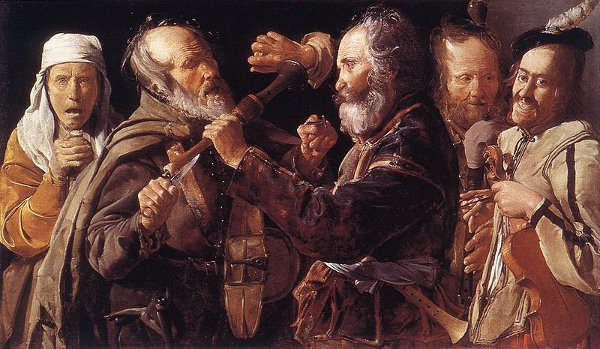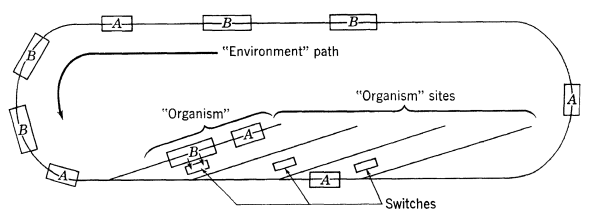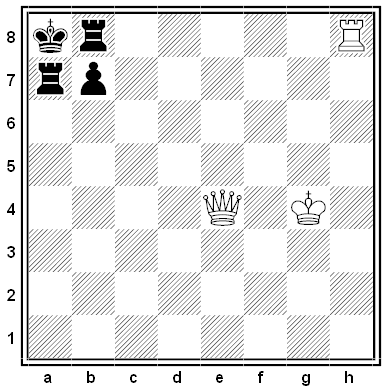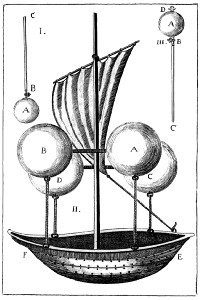Mezzo Cammin
Half of my life is gone, and I have let
The years slip from me and have not fulfilled
The aspiration of my youth, to build
Some tower of song with lofty parapet.
Not indolence, nor pleasure, nor the fret
Of restless passions that would not be stilled,
But sorrow, and a care that almost killed,
Kept me from what I may accomplish yet;
Though, half-way up the hill, I see the Past
Lying beneath me with its sounds and sights,–
A city in the twilight dim and vast,
With smoking roofs, soft bells, and gleaming lights,–
And hear above me on the autumnal blast
The cataract of Death far thundering from the heights.
— Longfellow
To the Natural World: At 37
Exquisite world, powerful, joyous, splendid,
Where, almost when we learn to live, our life is ended,
Where, when we gather our trophy errors in,
And face the array and cannot again begin
To make another life less fatal, less
Like a poor travesty of some greatness,
World, you rebuke us calmly, ceaselessly,
With mute round of rising sun and mimicking sea,
With flood and ebb and taciturn refrain
In round diurnal rings, waxing to wane.
Our mortal life runs through you its swift line
Closing no circle, marking its scratch design,
Fusiform, the spindle, this is its mortal shape;–
O lovely world, midway in large landscape
I pause, look forward. Weakness with wisdom lie
Ahead with nodding age; error and energy
Behind, dim in regret and chaos where
I left my early self and got the despair
That seizes all who see how folly gone
Is their sweet youth with darkness sudden on.
World deign, for one moment, O deign to culminate
One wave in me; O in me consummate
Your surge with all beholding happy power.
So, overlapping once, here in the midway hour,
Let me watch outward splendor solemnly for
Life’s brief in all this bigness, O sun’s calm, O
Sea’s roar.
— Genevieve Taggard






